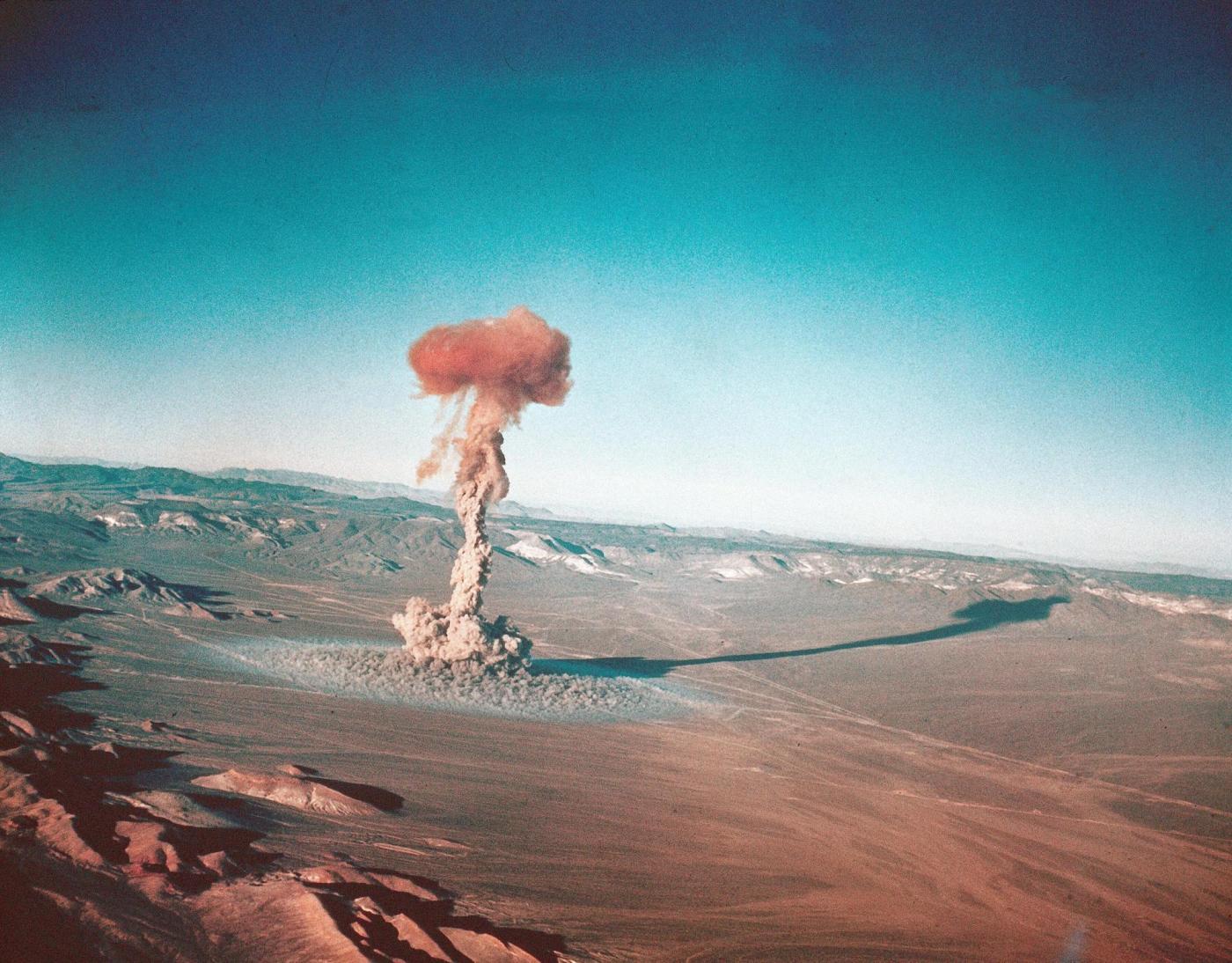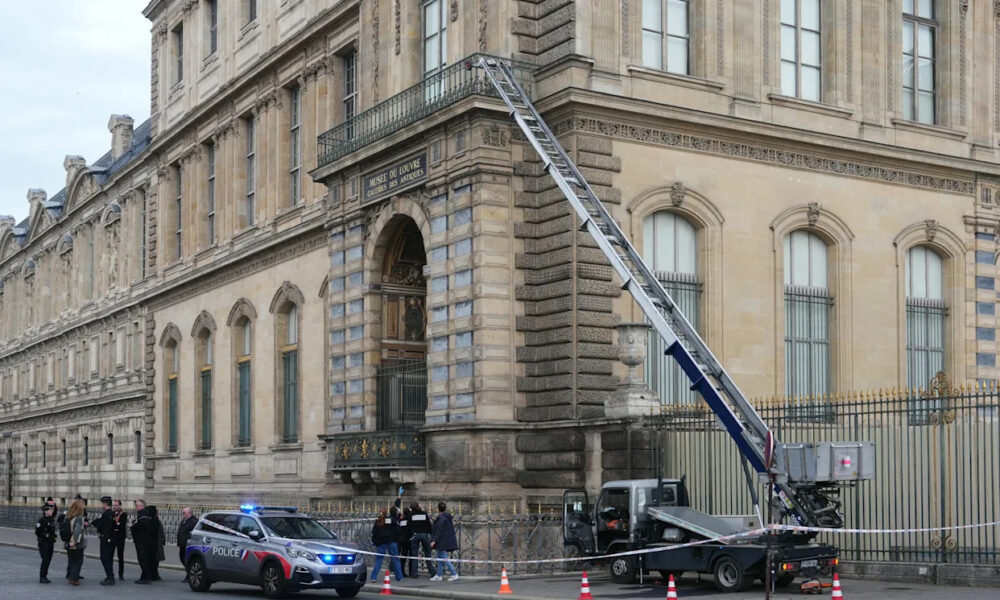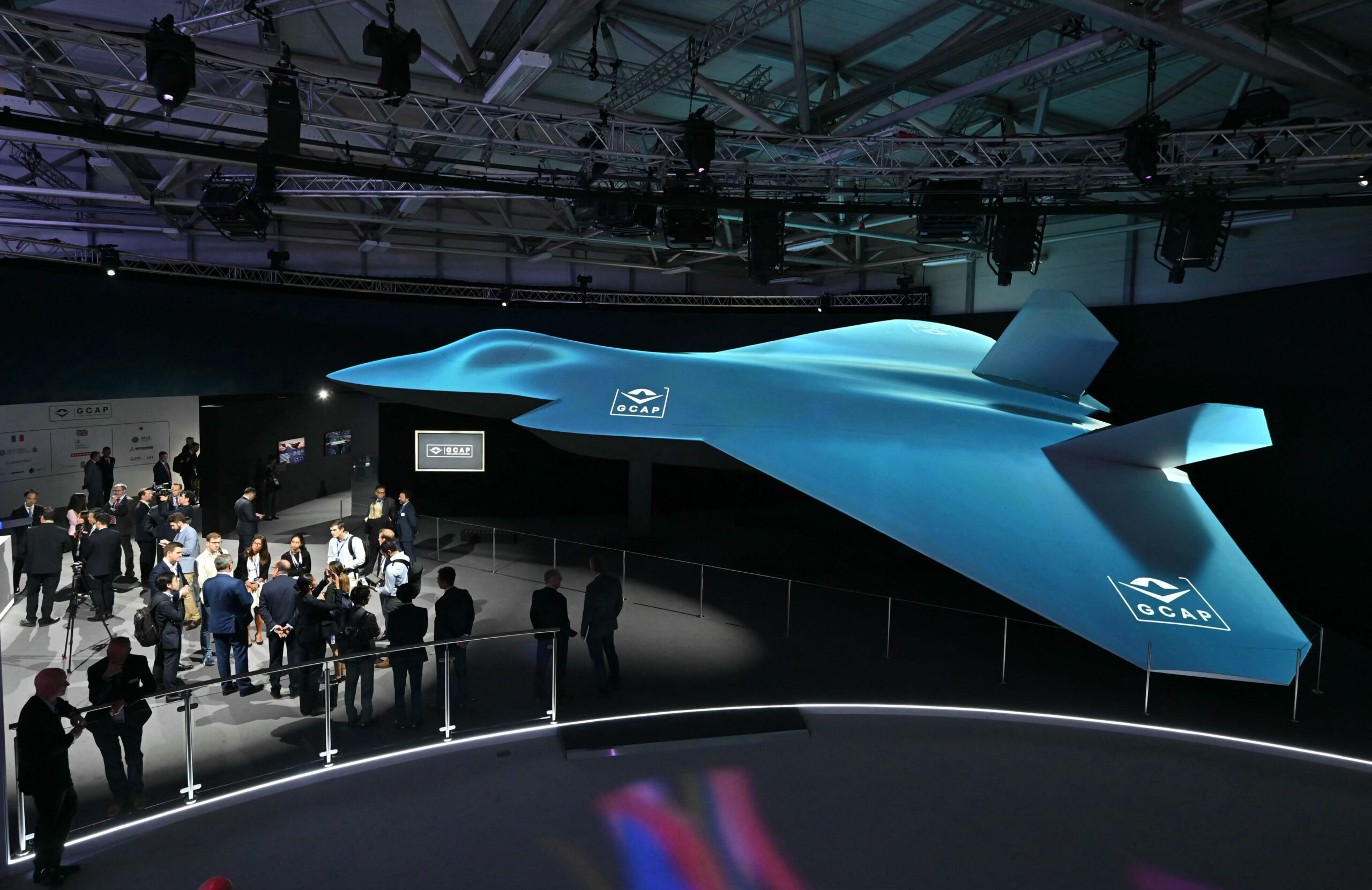President Donald Trump has suggested a significant shift in U.S. nuclear policy, announcing plans to initiate nuclear weapons testing in response to international developments. This declaration came shortly before a pivotal meeting with Chinese President Xi Jinping and has raised numerous questions among experts regarding the implications and intentions behind it.
In a post on Truth Social, Trump stated, “Because of other countries’ testing programs, I have instructed the Department of War to start testing our Nuclear Weapons on an equal basis. That process will begin immediately.” This statement has sparked debate, particularly since North Korea last conducted a confirmed nuclear test in 2017, while both India and Pakistan did so in 1998. The last tests by China, the U.S., and Russia occurred in 1996, 1992, and 1990, respectively.
The U.S. signed the Comprehensive Test Ban Treaty in 1996, which prohibits nuclear testing, but it was never ratified by the Senate. Despite this, the country retains the capability to resume testing within 24 to 36 months of a presidential directive. Speculation regarding Trump’s announcement may be linked to recent Russian tests of the nuclear-powered Burevestnik missile, leading to questions about whether he intends to test actual nuclear weapons or merely the systems designed to deliver them.
Following his statement, Trump and Vice President JD Vance faced reporters but did not provide additional clarity. Trump remarked, “It’ll be announced. You know, we have test sites. It’ll be announced.” Vance added, “We know that it does work properly, but you’ve got to keep on top of it over time and the president just wants to make sure that we do that.”
While the U.S. routinely tests its nuclear delivery systems, including bombers, submarines, and intercontinental ballistic missiles, the actual testing of nuclear weapons is a sensitive issue. John Erath, senior policy director at the Center for Arms Control and Non-Proliferation, explained, “If you’re talking about the testing of nuclear weapons, there are tests that are conducted called sub-critical tests, where you would make sure everything worked without actually setting off a nuclear explosion.”
According to Erath, such testing is managed by the Department of Energy, not the Pentagon, as Trump suggested. The Department of Energy is responsible for certifying the safety and security of America’s nuclear arsenal annually.
Any increase in testing could be perceived as escalatory by both Russia and China, potentially influencing their narratives. Trump’s assertion that the U.S. possesses the most nuclear weapons globally is inaccurate. The Federation of American Scientists estimates that Russia leads with approximately 5,500 nuclear warheads, followed by the U.S. with about 5,200 and China with around 600, though China is rapidly expanding its arsenal.
Senator Jeanne Shaheen of New Hampshire, the ranking member of the Senate Foreign Relations Committee, criticized Trump’s call for nuclear weapons testing as “very dangerous and reckless.” She emphasized the destructive legacy of nuclear testing, stating, “The harmful toll that nuclear testing has wrought on Americans and our environment is the product of a chapter of history that should remain in the past.”
The recent developments surrounding Russia’s Burevestnik test have reignited concerns about the ongoing nuclear era. Lyle Goldstein, Director of Asia Studies at Defense Priorities, remarked on the troubling nature of Trump’s announcement, viewing it as a “natural consequence” of a new Cold War. He expressed deep concern about the implications, stating, “The logic of nuclear rivalry is there. It’s terrible. It doesn’t serve anyone and it will make us all much poorer at a minimum, but of course, it could be the end of the planet.”
Despite these concerns, Trump mentioned a desire for denuclearization, stating, “I think de-escalation would be, they would call it denuclearization, would be a tremendous thing.” Yet, neither Russia nor China has indicated a willingness to engage in denuclearization talks.
Goldstein is skeptical about the potential benefits of U.S. nuclear testing, suggesting it could inadvertently bolster adversaries’ nuclear capabilities. He stated, “I have no doubt in my mind that both Beijing and Moscow, Moscow in particular, are ready to start up nuclear testing.”
As the geopolitical landscape evolves, the ramifications of Trump’s proposal remain uncertain and may significantly impact international relations and global security.







